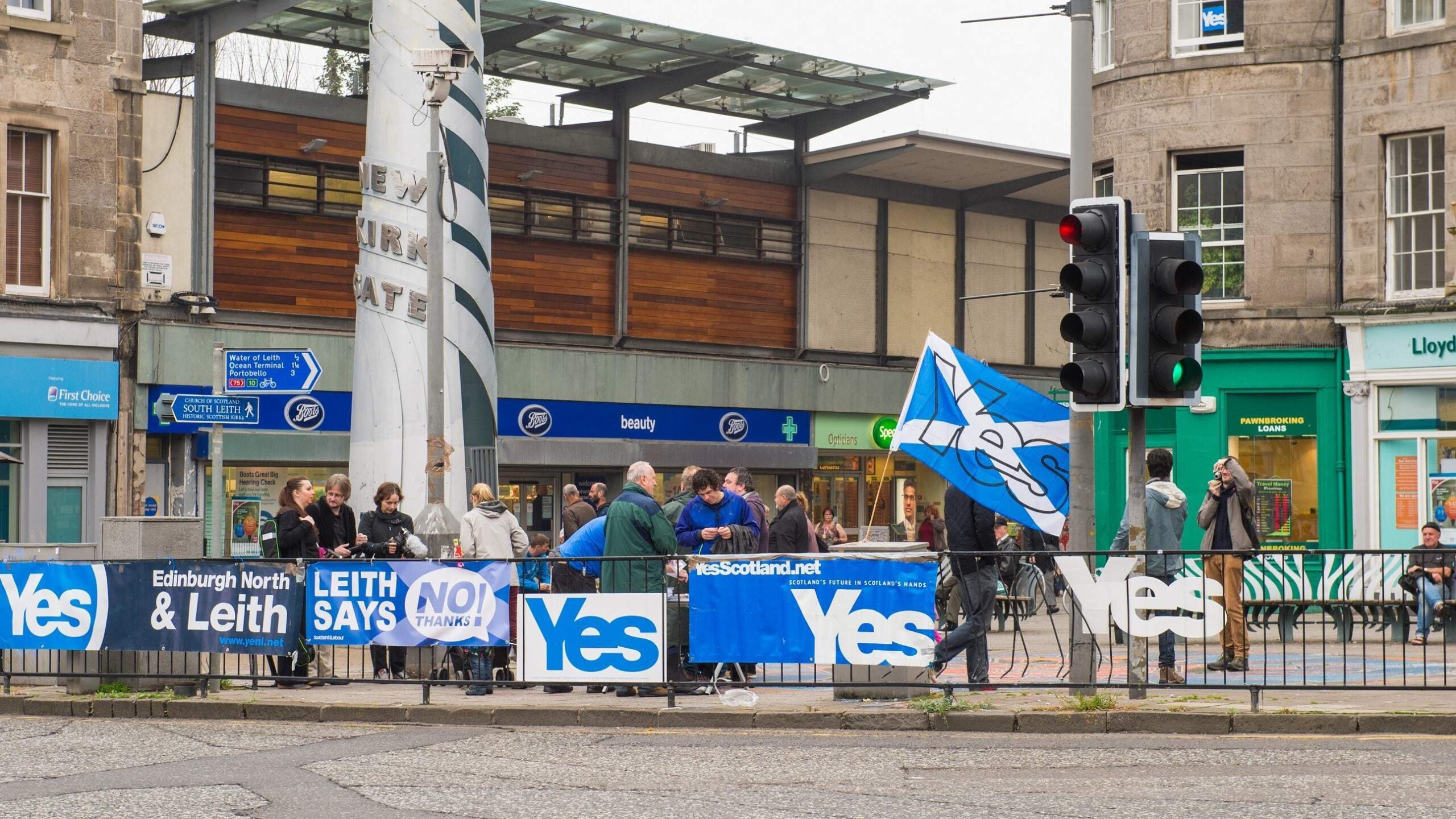
The UK voting to leave the European Union has caused support for Scottish independence to rise.
According to a BMG survey for Herald Scotland, 49 percent of people in Scotland now support independence, a three point rise on previous polls.
However, 56 percent are opposed to holding another independence vote before Brexit officially occurs.
In the last referendum on Scottish independence in 2014, Scotland voted to remain as part of the UK, with 55 percent choosing to stay over a 45 percent vote to leave.
This changed after the Brexit vote in June.
During the referendum, Scotland voted overwhelmingly to remain in the EU, with 62 percent voting remain. On Tuesday, the Scottish parliament in Edinburgh rejected Theresa May’s plans for how to exit the EU – demonstrating the way the country feels about Brexit.

US Tariffs are shifting - will you react or anticipate?
Don’t let policy changes catch you off guard. Stay proactive with real-time data and expert analysis.
By GlobalDataThe Scottish National Party (SNP) has said there should be another independence vote if its views on the Brexit Bill are rejected. In an interview with Andrew Marr, the Scottish first minister Nicola Sturgeon said she was “not bluffing” about her vow to hold another referendum. She said she wants Scotland to “take control of its own future”.
According to Reuters, May is developing a secret strategy in the belief that Sturgeon is two weeks away from demanding a second Scottish referendum.
If Scotland did vote to leave the UK, it would affect the UK economy. Scottish exports to the rest of the world contributed to around seven percent of the UK total exports in 2012, according to the World Bank. However, the UK could see a small increase in GDP per head, from £21,287 to £21, 404, if Scotland did decide to exit the union.
The loss of 32 percent of the UK’s land means the UK would become the 29th most densely populated nation and the fourth most densely populated nation in Europe.
In 2014, it was predicted that a ‘Yes’ vote from Scotland would trigger a dramatic fall in sterling, something that occurred after the Brexit vote and is still being felt in the UK nine months later.







